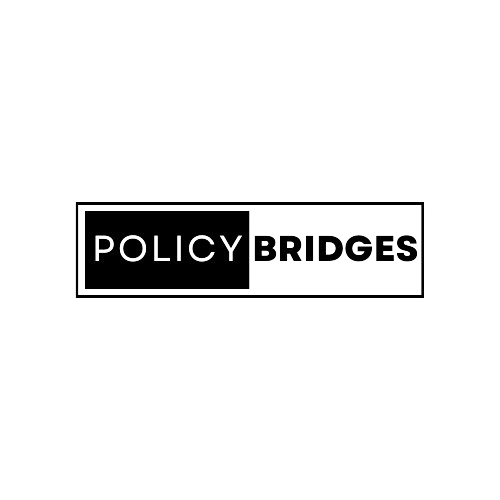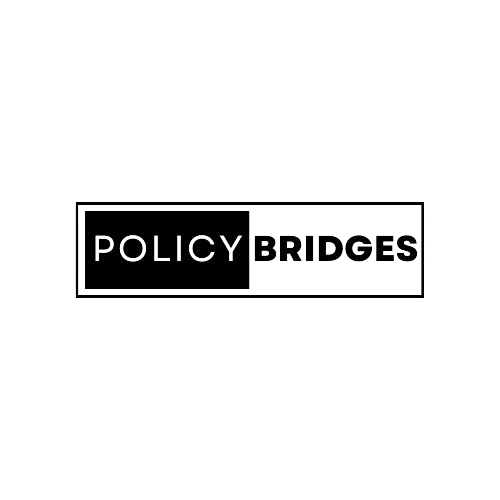Wikipedia, the world’s largest online encyclopedia, thrives on contributions from volunteers like you. But before you dive in and start editing, it’s crucial to understand the core policies that ensure Wikipedia’s neutrality, accuracy, and reliability.
Can Anyone Edit Wikipedia Articles?
In essence, yes! Wikipedia embraces a collaborative editing model where anyone with internet access can contribute. However, to maintain quality and consistency, certain guidelines are in place.
Essential Editing Policies for Aspiring Wikipedians
Here’s a breakdown of the fundamental policies that govern Wikipedia editing:
- Verifiability: All information on Wikipedia must be backed by reliable, published sources. This could include scholarly journals, reputable news outlets, and established websites. Each fact or claim should be verifiable by anyone through these sources.
- Neutral Point of View (NPOV): Wikipedia strives to present information objectively, avoiding any personal opinions or biases. Articles should represent all significant viewpoints on a topic fairly and proportionally, allowing readers to form their own conclusions.
- No Original Research: Wikipedia doesn’t publish unpublished information or personal findings. Content should be based on established knowledge presented in reliable sources.
- Be Respectful and Assume Good Faith: Wikipedia thrives on a collaborative spirit. Editors are expected to treat each other with respect, even in disagreements. Assume good faith in others’ contributions, and focus on finding solutions through discussion.
- Avoid Conflict of Interest: Editing articles related to your own work, hobbies, or organizations can introduce bias. It’s best to steer clear of such edits or disclose any potential conflicts of interest transparently.
source:https://en.wikipedia.org/wiki/Wikipedia:Editing_policy



